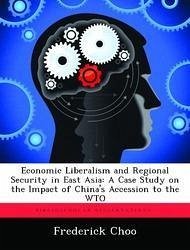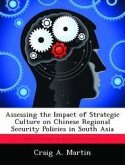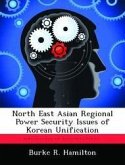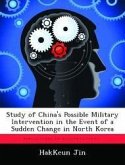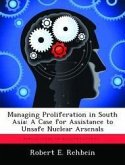China gained formal accession to the WTO in December 2001 after fifteen years of negotiations and domestic economic reforms. Since then, China's economy has been on an upward trajectory, surpassing Germany and Japan to become the second largest economy in the world. Far from coming at the expense of the rest of East Asia, China's growth has helped propel East Asia as an engine of growth amidst the flailing economies in the West, as well as intensify regional economic integration. What has been the impact of China's accession to the WTO on the economies of China, and East Asia as a whole? Is there evidence, then, that this event has not only catalyzed economic growth, but also enhanced regional security in East Asia? This research explores the relationship between economic liberalism and regional security in East Asia by using China's accession to the WTO as a case study. Building on previously conducted empirical studies predicting the impact of China's accession, this research conducts a comparative analysis on China's economic growth and interdependency with its East Asian neighbors prior to, and following, its accession to the WTO. Based on these findings, together with an assessment of the security climate in East Asia since 2001, this body of work attempts to prove the validity of the liberal theory concerning the pacifying effects of economic liberalism in the East Asian context.
Hinweis: Dieser Artikel kann nur an eine deutsche Lieferadresse ausgeliefert werden.
Hinweis: Dieser Artikel kann nur an eine deutsche Lieferadresse ausgeliefert werden.

